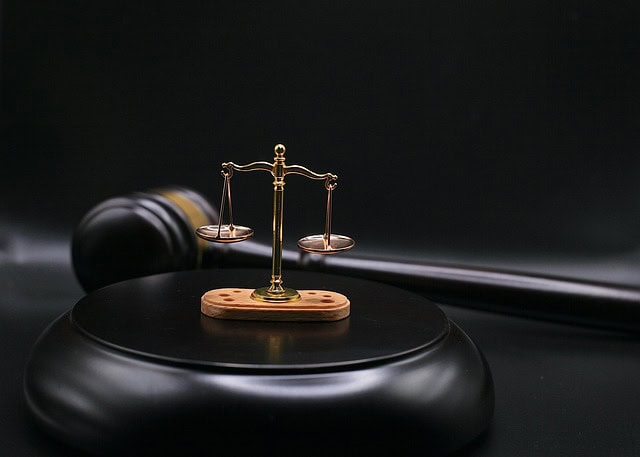
When it comes to criminal cases, the outcomes are not always determined in the courtroom. Most of these cases are resolved through plea bargains: negotiated agreements between the defense and the prosecution.
Plea bargains come with several advantages, like lighter sentences or reduced charges. However, you must carefully consider other factors that might affect your future. Read on to discover everything about these negotiations in criminal cases.
What Are Plea Bargains?
Plea bargains are simply agreements during criminal cases where defendants gain concessions from a prosecutor by agreeing to plead guilty to lesser charges. In these situations, prosecutors may agree to reduce their charges, drop other charges, or push for a lighter sentence.
These bargains happen because they reduce the burden on the court system by cutting down the number of cases that go to trial. This way, courts can pay more attention to complex or serious cases.
Plea bargains are important aspects of criminal cases because they allow for proper resolution without a full trial. Both parties often benefit from these bargains. Whether you’re charged with a white collar crime, you can avoid the uncertainty of a trial while the prosecution secures a conviction.
The Types of Plea Bargains
Plea bargains are divided into several types, with each serving a specific purpose. Each type also aligns with the dynamics of a criminal case. For example, charge bargaining involves the defendant pleading guilty to a lesser offense, facing lesser penalties as a result.
When it comes to sentence bargaining, defendants plead guilty in exchange for a lighter sentence than they might have faced if the case went to trial. In other cases, defendants concede facts of the case, with prosecutors agreeing to disregard other facts.
In count bargaining, accused parties plead guilty to specific counts while the prosecutor drops the rest. Overall, plea bargains benefit both parties. However, if you’re facing criminal charges, consult experienced criminal attorneys like Spartacus Law Firm before considering a plea deal.
The Pros of Plea Bargains in Criminal Cases
Plea bargains offer serious benefits for defendants as well as the overall legal system. Judges approve of plea deals because they save the courts time and resources, easing overcrowded dockets. Prosecutors may also benefit from securing convictions efficiently. For defendants, here are the advantages:
- Reduced charges
- Lighter sentences
- Clear outcomes
- Reduced legal costs
- Avoided emotional stress
Generally, plea deals create mutually beneficial outcomes when they are carefully considered and negotiated fairly. Since defendants may be at the losing end of these deals, they must thoroughly weigh their options before committing to one.
The Downsides of Plea Bargains in Criminal Cases
Although plea bargains offer upsides, there are a few serious disadvantages in some cases. For instance, defendants often feel pressured to accept plea deals even when they are innocent, all in a bid to avoid harsher penalties for the criminal charges.
By accepting a plea, accused parties waive important rights, such as the right to a trial or an appeal. Defendants may also end up with a criminal record that affects their future. Other concerns about fairness exist because the prosecution is mostly in charge during negotiations.
Endnote
Most criminal cases end with plea bargains. These bargains often revolve around charges, facts, counts, and sentencing. While they offer some advantages like reduced charges and lighter sentences, issues around fairness also exist.